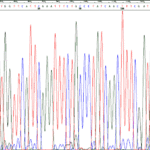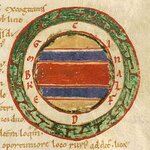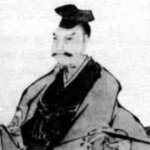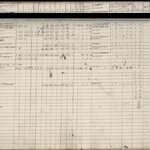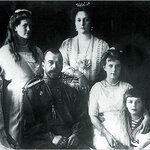
A Brief History of the English Language Part 2
Part 1 of this Brief History of English describes the suppression of the English language under the Normans who imposed Norman French as a national language. As French declined and English revived there were briefly two languages in the one nation.
"Before Chaucer wrote, there were two tongues in England, keeping alive the feuds and resentments of cruel centuries; when he laid down his pen, there was practically but one speech -- there was, and ever since has been, but one people."
D. Laing Purves
Many scholars are agreed…
